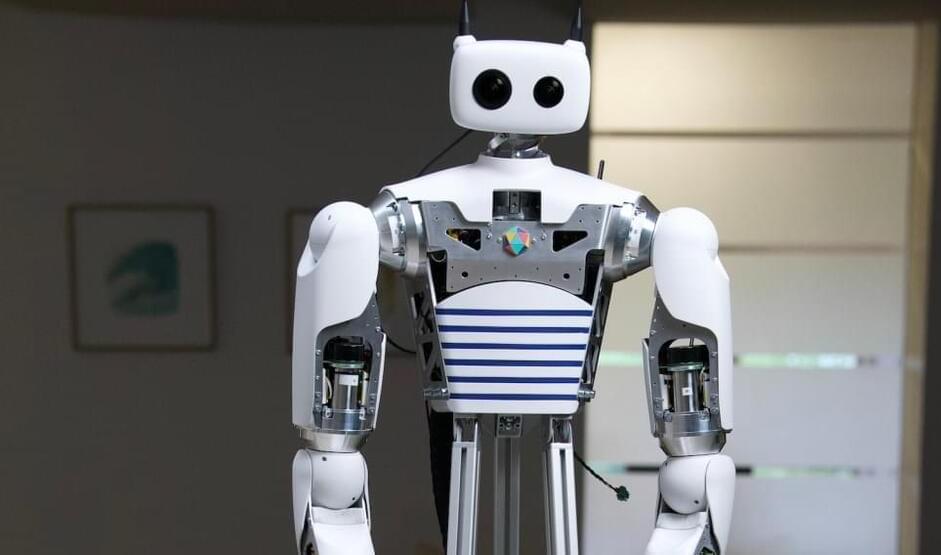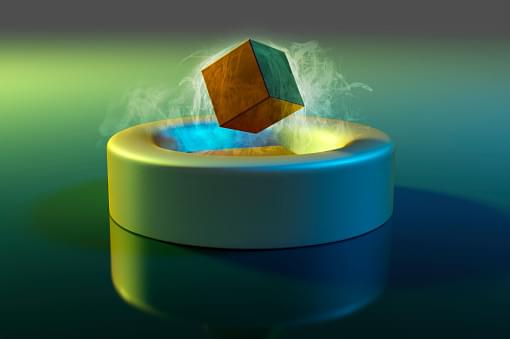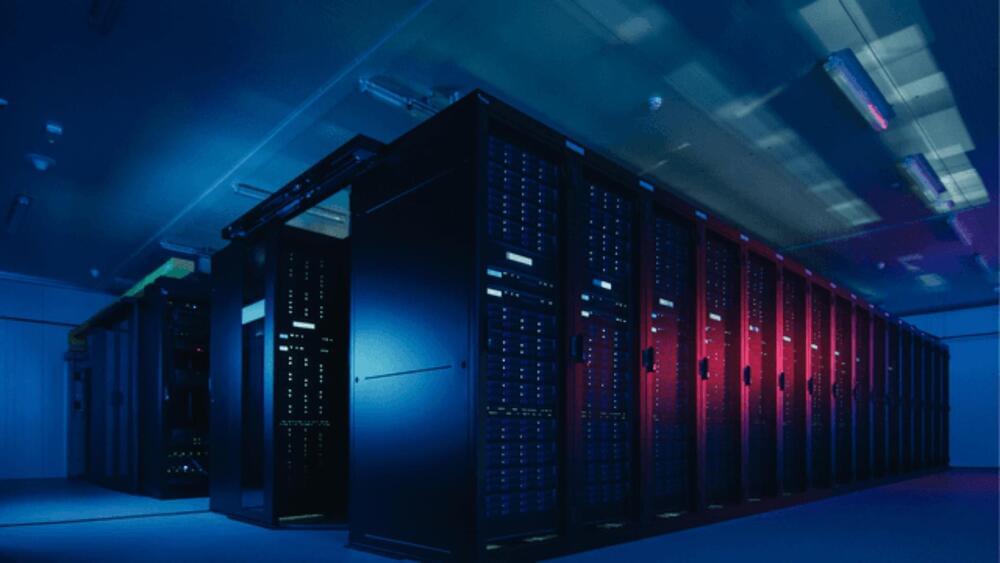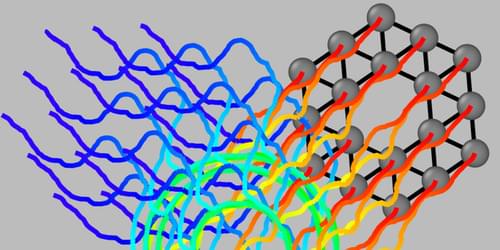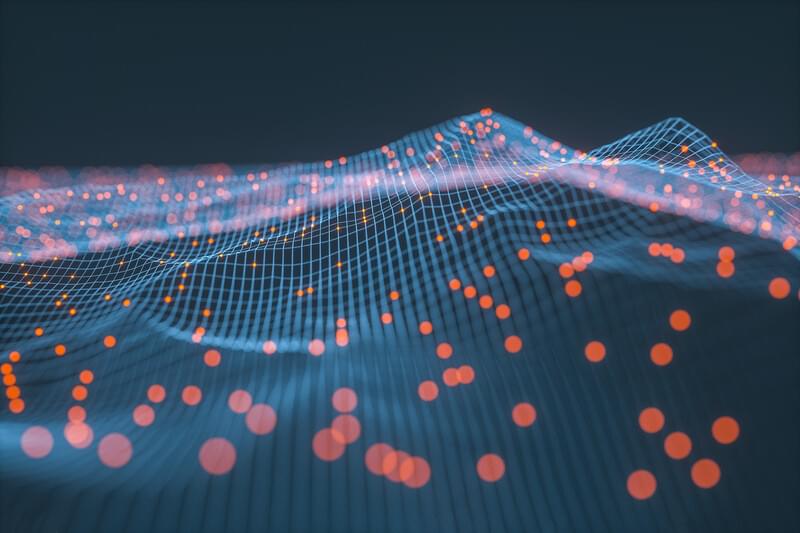Jun 8, 2024
Hugging Face and Pollen Robotics show off first project: an open source robot that does chores
Posted by Shubham Ghosh Roy in category: robotics/AI
As for how Hugging Face’s Le Robot team ended up collaborating with Pollen Robotics, Cadene told VentureBeat that it was a natural alliance born out of geographic proximity and overlapping areas of research interest.
“We closely follow Pollen Robotics work and are amazed by their robots,” Cadene wrote. “We were looking for humanoid robots. They were looking for end-to-end training software. So the collaboration between Pollen with their robot Reachy and Hugging Face with LeRobot was natural, especially [since] they are located two hours away from our [Le Robot] lab in Paris, so we just visited them for a few days.”
